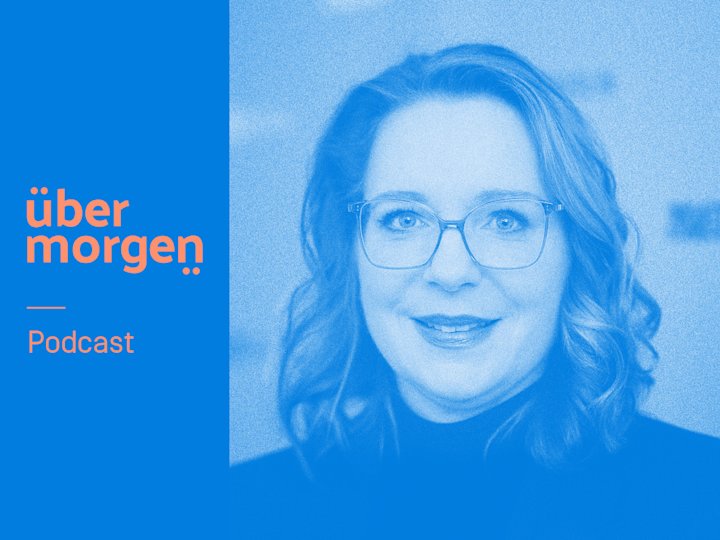Which role plays the financial industry with the fact that we haven't had the energy transition happen long before now, what costs await us when we don’t take the climate crisis as serious as it is? And how can we make sure that the energy transition is socially fair? Find the answers in the latest episode of our podcast featuring Prof. Dr Claudia Kemfert as our guest!
We need to move away from coal! If we still want to achieve the 1.5°C target, the transition to a sustainable energy supply needs to come and it needs to come quickly – that much is clear. But why hasn’t it happened long before now? “Jobs” and “capacity” are usually the answers we hear to this question. Are they really the biggest obstacles though?
Faced with such a complex subject and such big questions, we are delighted to be welcoming Prof. Dr Claudia Kemfert as our guest in this episode.
Podcast mit Claudia Kemfert
The energy economist is Head of the Energy, Transportation & Environment department at the German Institute for Economic Research and a professor of Energy Economics and Energy Policy at the Leuphana University Lüneburg. Since 2011 she has been a member of the Executive Committee of the German Society of the Club of Rome.
In 2013 she published the book “Kampf um den Strom” (The Battle for Electricity), which discusses the myths surrounding the energy transition and energy policy. In 2017, this was followed by “Das fossile Imperium schlägt zurück – Warum wir die Energiewende verteidigen müssen” (The Fossil Empire Strikes Back – Why We Need to Defend the Energy Transition) and “Mondays for Future” in 2020, in which she answers a whole host of questions about the climate crisis and provides recommendations for action.
All this makes Prof. Dr Claudia Kemfert the perfect guest to explain what the energy transition is all about, how we can influence it and what that will cost us. Or, to put it differently: what it will cost us if we don’t finally start making progress.
Who or what are the biggest hurdles in this, who is doing the lobbying work and what role is the finance industry playing in the sluggish change? And how will we manage to make this transition fair from a social perspective and ensure that it doesn’t happen at the expense of financially weaker segments of the population?
